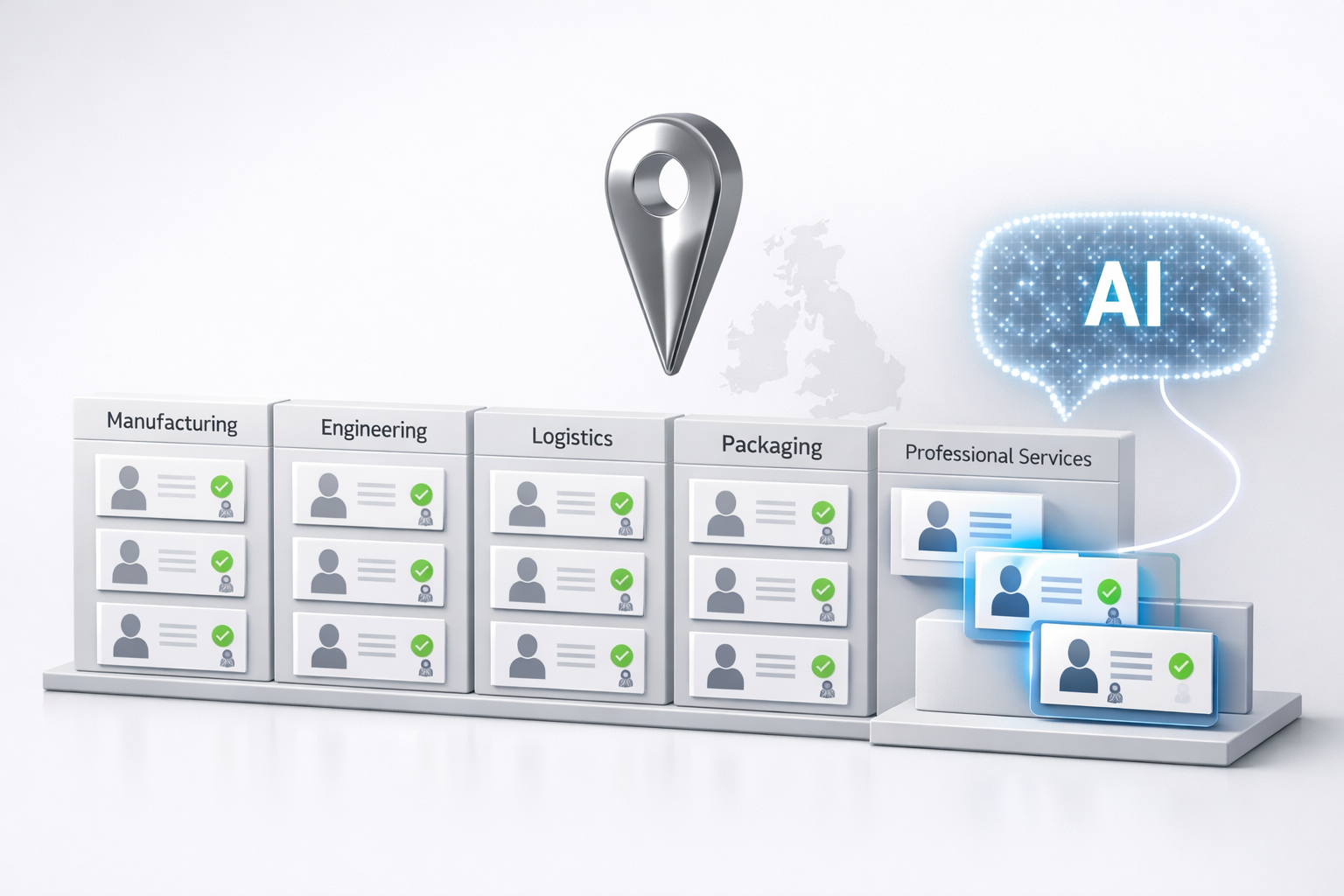10 Ways Technology Is Changing Healthcare
- 18 May 2022
- Articles
10 Ways Technology Is Changing Healthcare
Technology is constantly improving and new innovations are continually infiltrating our daily lives. Technology is changing the way we think about how we shop, communicate with friends, and travel.
The future of medicine is shaping before our eyes thanks to digital healthcare technology, such as 3D-printing and VR/AR. To manage technology's control, we must be familiar with all the latest developments. The future of medicine lies in collaborating with technology and clinicians to adapt to the changing healthcare landscape. This will allow us to remain relevant for many years.
The pace at which modern technologies develop is amazing. They are changing the way we live our personal and professional lives. The impact of tech on healthcare is significant. Tech has already reached all spheres. We will explore the many benefits of technology in the medical field and the impact they have on the healthcare industry.
Many of these inventions are still being reviewed by FDA. However, this does not stop the development and research of new technologies. These are 10 types tech that are changing how health care is delivered by HIE solutions.
Technology Changing Healthcare System in 10 Ways:
1. Digital diagnostics
Digital diagnostics are a way to make health care more accessible. This includes those who cannot get to a doctor's offices. This is one of many main themes in digital health. Neurotrack is a digital-based Alzheimer's diagnostic tool that uses eye movement to detect impairments in the hippocampus, the first part of the brain affected by the disease.
2. Wearables and sensors for healthcare tracking
Patients' and individual empowerment are closely connected to the future of medicine and healthcare. They can take better care of themselves using technology like sensors, wearables, and health trackers. These devices are great tools that give us greater control over our lives and enable us to learn more about our health.
- There is a device that can help you manage stress, weight, cognitive abilities, and overall health.
These tech-enabled gems make patients the point of care. Patients can track their health online and share it with their doctor remotely. These devices allow the patient to make better decisions and be in control of his or her health.
3. Ultra-fast scans
GE's ultra-fast CT scanner, which captures a still image of a human heart in just one beat, was showcased earlier this year by the company. According to GE, 60% of patients with heart rates exceeding 60 beats per hour are turned down for scans due to their fast heartbeats. Revolution CT allows doctors to see areas of the heart that were previously hidden.
4. Computers can help with medical decision
Computers are rapidly becoming an invaluable tool for health care professionals as they become more advanced. Computers can now provide input on Xrays and other diagnostics, which will help doctors make better and more informed decisions.
This is also true for developing new drugs or determining the best way to treat patients. The machines can analyze and gather data in real-time, giving second opinions to healthcare professionals.
5. Cloud Computing
Cloud computing has become very popular in healthcare because it simplifies many processes. This technology can help you reduce operational costs, improve services, and make your work processes more efficient and faster.
Cloud computing allows you to store all your patient records and other medical information in the cloud. Cloud computing has the advantage that healthcare employees can access any data they need from any device at any time. The system is extremely reliable and safe, with the highest level of security that backs up all data.
6. Digital therapy
Patients who require at-home care but can't travel to a clinic or don't have the means to travel for treatment, such as those with chronic conditions, will benefit from digital therapy. Wellframe is a platform that uses mobile technology and artificial intelligence to provide care for patients after they return home from the hospital.
The patient has a daily task list and a tracker of diet and exercise. An advanced algorithm adjusts the content according to the information provided by the healthcare provider and patient. It has tested the software with patients suffering from mental, cardiovascular, and pulmonary disorders.
7. Easier DNA Sequencing
DNA sequencing was once a time-consuming and expensive process. It's easier and cheaper for healthcare institutions thanks to technological advances. Doctors now have easy access to the DNA data. We can expect to get a genetic test very soon. It will cost less than regular blood tests.
Accessible DNA sequencing allows people to discover their sensitivity to drugs and other medical conditions. It also helps them to understand their predisposition to illness. It is possible to enhance nutrition and personalize it based on a DNA test.
8. Robotics
Robotics is one the most rapidly-growing and exciting areas of medicine. Robotics innovations include exoskeletons, disinfectant robots, and surgical robots.
In 2019, exoskeletons performed exceptionally well. In 2019, exoskeletons performed extraordinary well. A tetraplegic man was able to control an exoskeleton with his brain. These robots can be used to lift elderly patients or assist with nursing for patients suffering from spinal cord injury.
9. Augmented reality
Augmented reality is different from VR in that users don't lose touch with reality, and it provides information as quickly as possible. These unique features allow AR to be a driving force for the future of medicine on both the side of healthcare providers and the side that receives it.
It might be useful for medical students and surgeons, and it could help them prepare better for real-life operation. Medsights Tech, for example, developed software to evaluate the possibility of using augmented reality in order to accurately reconstruct tumors from three-dimensional space.
10. Recoveries are quicker and less risky.
Medical procedures are now safer thanks to technological advances. Laser treatments and other technological advances have made medical procedures safer and less invasive.
The recovery time has been significantly reduced by the use of technology, sometimes from several weeks to just a few days.
Final words:
The advancement of technology has made it possible to live in an innovative era for medicine. Our mission is to share medical knowledge and developments that will help us in the future of healthcare.
You can see that technological advances are making healthcare more efficient, quicker, more accurate, and more convenient. This field will continue to be shaped by technology, just like other professional industries. We can expect more innovations and improvements in healthcare in near future.







